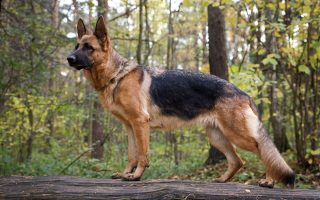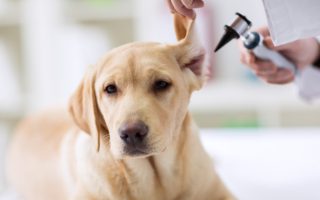Get to know which ingredients can harm your dog and why you should invest in Labrador puppy treats this Christmas
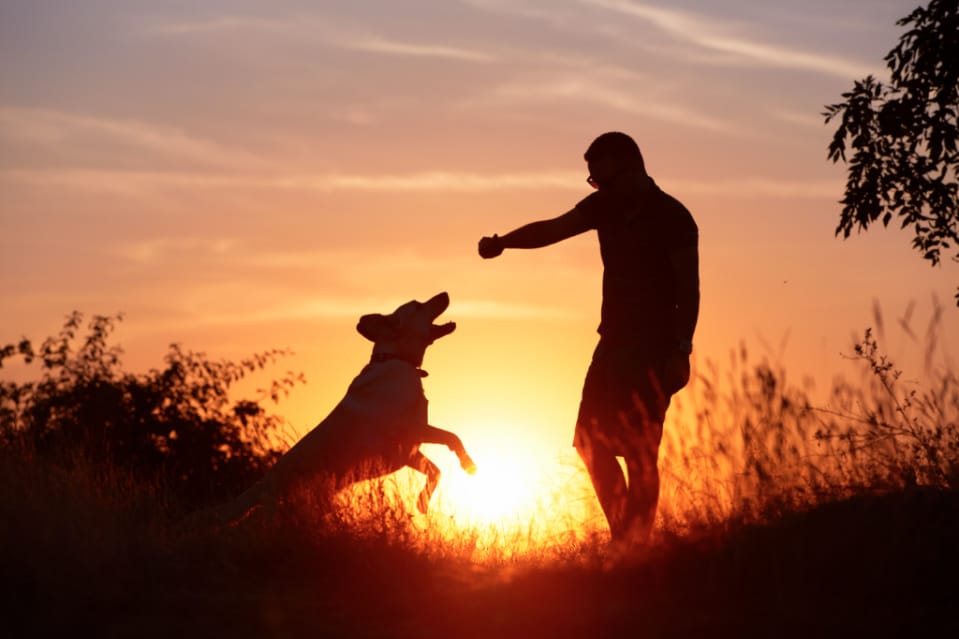
A study published in 2019 titled Some Food Toxic For Pets, in which researchers analyzed the risks of certain ingredients as well as provided people with useful insight on the topic, stated that according to world statistics, dogs and cats are the species that owners most frequently seek assistance with potential poisonings, accounting 95–98% of all reported animal cases. Exposures occur more commonly in the summer and in December that is associated with the holiday season. The majority (>90%) of animal poisonings are accidental and acute in nature and occur near or at the animal owner’s home. Feeding human foodstuff to pets may also prove dangerous for their health”.
The study examined the effects of chocolate, onions, nuts, alcohol, and other common ingredients such as garlic and raisins, on dogs explaining the risks of their consumption. This article aims to share some light on the topic in an informative but straightforward way. In which owners can learn about why they shouldn’t give their delicious Christmas treats to their dogs. Common symptoms of each ingredient as well as what to do if your Lab ingested and can be found below each component.
All in all, Christmas is a wonderful time to give and receive, therefore if you want to treat your dog make sure to look for the best treats for Labradors that are safe to ingest.
Chocolate
Chocolate is a Christmas favorite that everyone loves, though you shouldn’t carried away and share some with your Lab. The sweet bar has been known to dangerous for dogs, as well as coffee because it can lead to food poisoning. According to VCA Hospitals, “Chocolate is toxic because it contains a chemical called theobromine, as well as caffeine. Theobromine is the main toxin in chocolate and is very similar to caffeine. Both chemicals used medicinally as a diuretic, heart stimulant, blood vessel dilator, and a smooth muscle relaxant. Dogs cannot metabolize theobromine and caffeine as well as people can. That is why dogs are more sensitive to the chemicals’ effects”.
The smaller the Labrador, the more chances it has of being poisoned by chocolate or coffee, so please be mindful of what you give to your lovely Lab this Christmas and make sure to purchase safe treats for lab puppies.
Here’s some useful information about what to do if your dog has eaten chocolate as well as the common symptoms to watch out for.
Signs Of Chocolate Poisoning In Dogs
Diarrhea, vomiting, increased urination, tremors, restlessness, abnormal heart rate, seizures, collapse, and death are the most common symptoms of chocolate poisoning which can appear within 6 to 12 hours after consuming it. Older Labs and those who suffer from heart conditions have more risks of sudden death from eating chocolate.
What To Do If Your Lab Ate Chocolate
If you suspect or are certain that your dog ate chocolate the first thing you must do is call your veterinarian and wait for instructions. Depending on your Lab’s age and weight there will be more or fewer risks of complications.
Onions
This flavor-adding vegetable can be found in many Holiday dishes but they can very harmful to Labs. The American Kennel Club states that “all parts of the onion plant are toxic to dogs, including the flesh, leaves, juice, and processed powders. Raw or cooked, fried or powdered, onions. The rest of the allium family (garlic, shallots, leeks, and chives) are harmful to dogs”.
Leftovers in general, but specifically those that contain onions, should kept for humans only. It doesn’t matter if you want to serve your Labrador a very small plate of your delicious meal. It will harm them, so please store them in the fridge to consume later.
Below you can find common signs of onion toxicity in Labs as well as useful information about what to do if your dog has ingested some.
Signs Of Onion Toxicity In Labs
If you Lab ate onions it will develop anemia, therefore the following symptoms are related to that condition. Fainting, reddish urine, weakness, decreased appetite and lethargy. As well as vomiting and elevated heart rate are common signs of onion toxicity in Labs you should keep an eye out for.
What To Do If Your Dog Ate Onions
As with chocolate, the first thing you need to do if you see some of the signs just mentioned is to call a veterinarian immediately. The professional will assess the situation and you will likely need to leave your dog for a few days. Under their care just until they are healthy to produce red blood cells on their own again.
Nuts
Nuts are another delicious Christmas treat and ingredient you mustn’t share with your Lab, though not all nuts are dangerous. Most contain high portions of fat which can cause pancreatic issues for your Labrador.
The American Kennel Club shares some insight on which nuts are relatively safe to give dogs, “peanuts, which are technically. In the legume family, are safe for dogs in very small quantities, as long as they are unsalted and unseasoned. Cashews are also reportedly safe in small quantities. But both cashews and peanuts are too high in fat to make regular treats”. But to avoid any possible complications. Simply keep all nut-containing treats for you and your family only and invest in some safe Lab Christmas treats instead.
If you want to know more about symptoms of nut consumption. Here’s useful information about the topic and what to do to help your dog.
Signs Your Lab Ate Nuts
Diarrhea, upset stomach, tremors, and vomiting are the most common signs that your Lab ate nuts.
What To Do If Your Dog Ate Nuts
A good thing to do is to call a veterinarian and let a professional. Take a look at your dog’s situation and wait for their instructions to approach your Labrador’s recovery.
Alcohol
Alcohol is another “treat” you shouldn’t share with your Lab. This includes desserts and meals that include small proportions of any alcoholic beverage (such as eggnog). It is very toxic for dogs, like onions and chocolate, and can cause intoxication in Labrador and every breed. Organ failure and even death are the most common outcomes of dogs ingesting food that contains alcohol.
Here are the common signs of alcohol intoxication in Labs and how to deal with the situation if it happens.
Signs Of Alcohol Intoxication In Labradors
Excessive panting, muscle tremors, seizures, disorientation, high body temperature, and vomiting. Are habitual symptoms of alcohol intoxication in dogs you should watch out for.
What To Do If Your Dog Drank Alcohol
The first thing you should do is get in contact with a veterinarian and take your dog for a visit; alcohol intoxication must treated as soon as possible. There’s a difference between accidentally spilling some alcohol and your dog drinking it (small proportions) and purposely giving a glass to them (big quantities). That will determine the seriousness of the matter. This also applies to food that has alcohol as an ingredient.
Mistakes can happen, and if you’re unsure of how much alcohol your dog drank. It is always best to take them to the vet right away and let a professional assess the situation.
The Bottom Line
The Holidays are a great time to bake delicious food and spend some time cooking the finest treats, and because it’s the giving season, most owners can drawn to sharing their tasty recipes with their Labs. Certain ingredients such as chocolate, nuts, and onions are very harmful to dogs and can cause severe health issues if not treated as soon as possible.
Although your loving gesture might seem and feel like a kind and no-harmful action, you should have in mind the list provided above and know the risks each of the ingredients can cause to your Lab, as well as what to do if you start noticing some of the symptoms they can cause.
If you want your dog to enjoy delicious treats, make sure to search for Labrador Christmas treats that are optimal for their intake to prevent anything bad from happening. Some of the best treats for Labrador can be found easily online, but just to be on the safe side make sure to spend some time reading the ingredients.

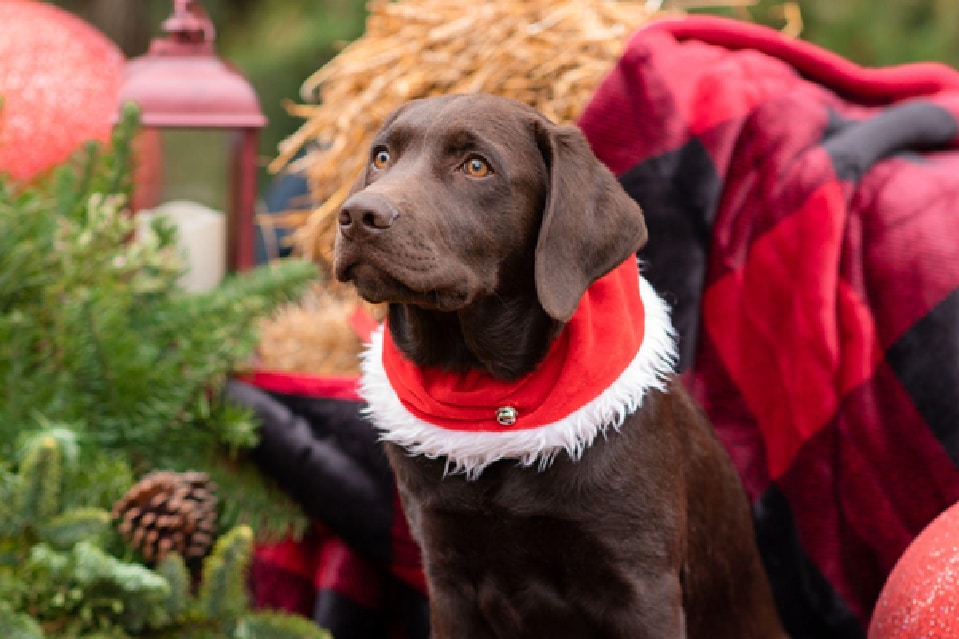
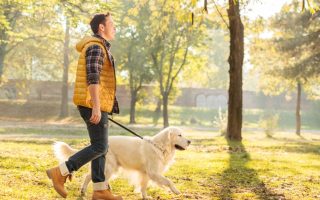
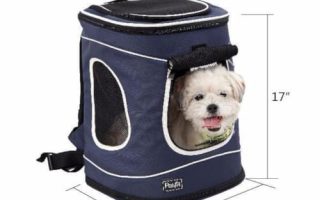
![Hazards in the Home for Your Lab Puppy and How to Deal With Them [A Guide to Puppy-Proofing Your Home]](https://puplore.com/wp-content/uploads/Lab-puppy-proofing-your-home-320x200.jpg)

